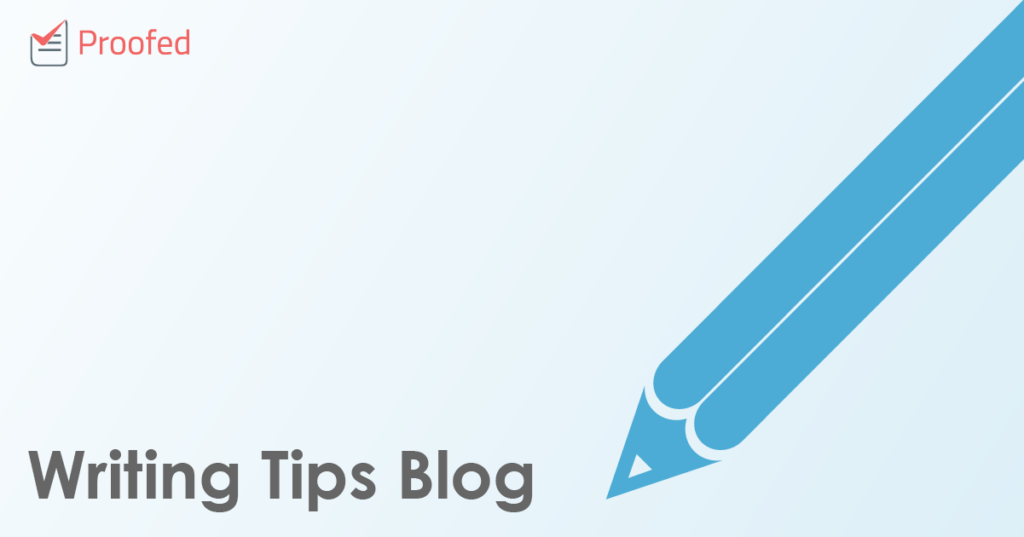Although “where,” “we’re” and “were” each have completely different meanings, some people seem to think they are interchangeable.
However, making this error in a piece of academic writing will look bad to your reader, especially if you make repeated errors throughout your paper. Such mistakes can even undermine the content of your argument, so it’s a good idea to get a handle on what each of these words mean and when you should use them.
Where (Location)
The word “where” means is used when identifying a geographical place, location or circumstance. For instance, it can be used to ask a question about the position of something, like “Where is my book?”
Alternatively, it can be used to specify or describe the location of something, as in, “I left my book in the library where I do my research.” Here, for example, identifying the “where” in the sentence shows that we are referring to a specific library (the one where the speaker does her research).
In a more abstract sense, “where” can also be used to suggest holding a particular position or point of view on something. For example, we might say “This is where we stand on the issue.”
We’re (We Are)
The word “we’re” is a contraction of the two words “we” and “are”. It would be used in a sentence like this: “We’re going to the grocery store.”
Please note, however, that contractions like “we’re” are generally considered informal, so shouldn’t normally be used in academic writing.
Were
The word “were” is related to the verb “be” used when discussing the past. To be specific, it is the second person singular past, plural past, and past subjunctive of “be.”
This might seem confusing, but if we break down what it actually means it becomes easier to understand.
The second person singular pronoun, for instance, is “you”, while the plural past tense includes “we,” “you” and “they.” In all of these cases, “were” is effectively the past tense of “are”:
|
Present Tense |
Past Tense |
|
|
First Person (Singular) |
I am… |
I was… |
|
First Person (Plural) |
We are… |
We were… |
|
Second Person (Singular and Plural) |
You are… |
You were… |
|
Third Person (Singular) |
He/she is… |
He/she was… |
|
Third Person (Plural) |
They are… |
They were… |
“Were” is also correct when referring to a plural noun in the past tense. It would therefore be used in a past tense sentence like “As we were walking in the garden, butterflies were dancing through the air.”
Find this useful?
Subscribe to our newsletter and get writing tips from our editors straight to your inbox.
The other usage of “were” which is as the past subjunctive of “be” and something which people often get wrong. The past subjunctive is mainly used when referring to a counterfactual possibility (i.e., something which could be true but isn’t).
For example, we could say, “Were I to use grammar correctly, my grades would improve.”
The mistake people make here is using “was” instead of “were” in statements that start with “if” regarding the future. For instance, while many would say:
If I was to pass my exam, I would be very happy.
This is technically wrong. The correct formulation would be:
If I were to pass my exam, I would be very happy.



